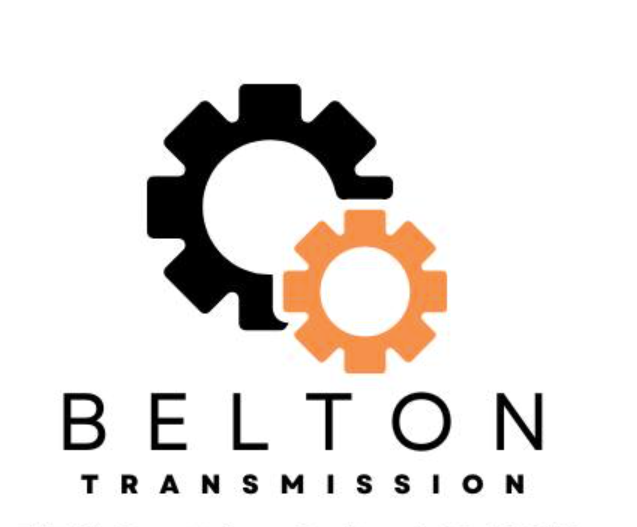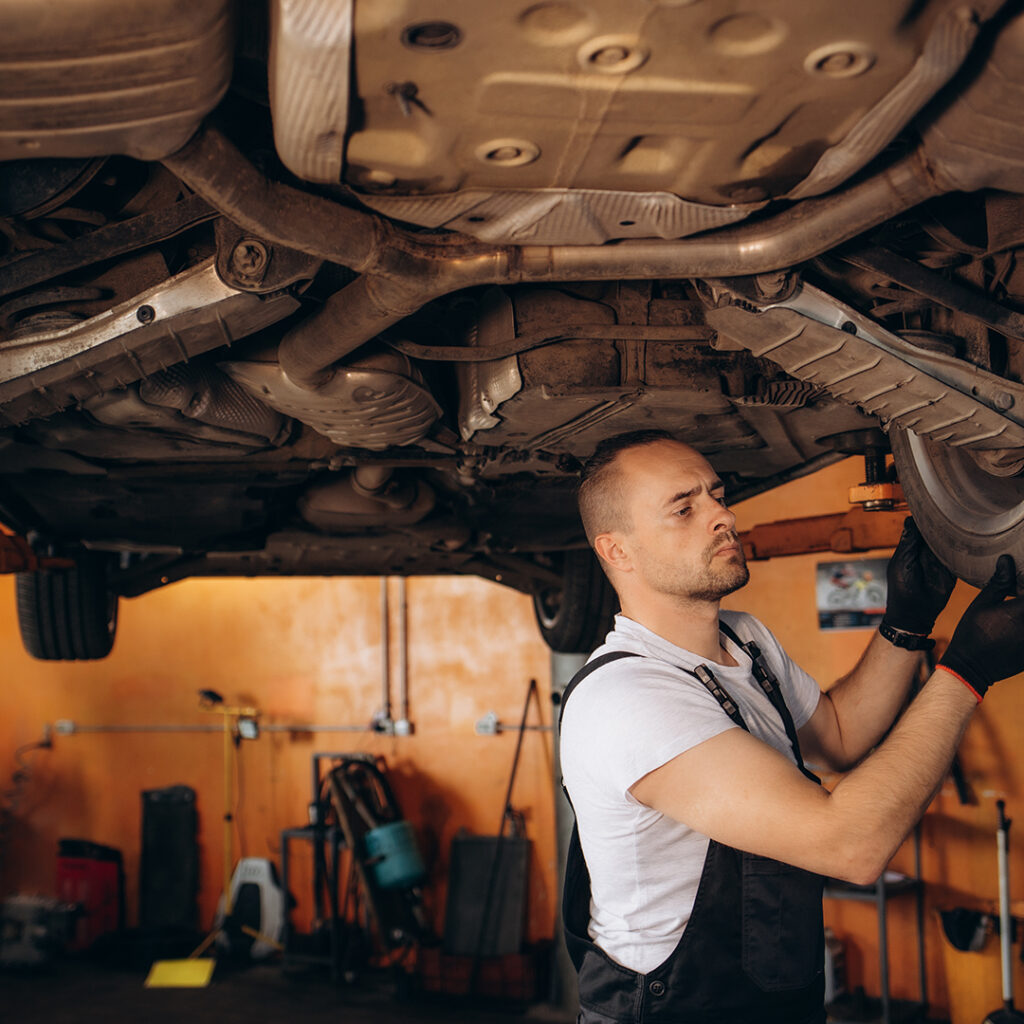Although maintaining your automobile and keeping it in good working order requires some work, you are most definitely do not need to be an expert mechanic to accomplish good upkeep. The most significant obstacle is knowing what has to be done and how often to do each maintenance task. You can make sure that your automobile is in excellent operating order by being aware of the fundamentals of what it needs and when to do routine auto maintenance.
In addition, when the time comes to sell your car, you’ll be able to get top dollar if you can demonstrate that it has been well-maintained. Naturally, it’s also critical to keep in mind that, even while maintenance expenses aren’t always low, they can eventually save you money on more costly repairs in the future.
What to Inspect Each Month?
Tire Pressure: By keeping your car’s tires at optimal pressure, you may extend the life of the tires and improve your gas mileage. Finding the recommended pressure in pounds per square inch (PSI), monitoring each tire, and inflating or deflating it in accordance with that recommendation are all part of checking your tire pressure.
Engine Oil Level: Maintaining an engine in good operating order requires routinely checking and changing the motor oil in your car. Every month, check the oil level in your car and replace it according to the owner’s manual’s instructions, which is usually after a particular amount of time or miles driven.
You have two options: take it to a service center in Kansas City or replace the oil yourself. If you decide to perform it yourself, make sure you know how to empty the current oil, adjust the oil level, and dispose of the used oil.
Other Fluid Levels: To keep your car operating correctly, a few fluids need to be maintained at the proper amounts. These other five crucial fluids should be routinely checked by you or your mechanic:
- Engine Coolant
- Power Steering Fluid
- Brake Fluid
- Transmission Fluid
- Windshield Washer Fluid
The way your car operates can be impacted by a leak in any of the first four fluids listed. You might be able to tell what kind of fluid is leaking by its color. This may expedite repairs by assisting you and your mechanic in locating the source of the leak.
Headlights and Taillights: A burned-out or broken lightbulb poses a risk to public safety and may result in fines. To find out more about each exterior light bulb on your automobile, consult the owner’s manual. If a lightbulb goes out, you must ascertain whether the problem is with the bulb or if a fuse has to be changed. You can always get assistance from a Belton mechanic for any of these changes, depending on how difficult they are to do. To keep them both sets of lights sparkling bright, think about going above and beyond by cleaning the lenses and changing the bulbs when they go dull.
Car Maintenance Checklist for Beginners: What to Check Every Three Months
Wind Shield Wipers: Do not allow the issue to persist if your wipers are not functioning as well as they once did. During a severe downpour or snowfall, clear sight may be impeded by damaged or worn-out blades. One approach to keeping your automobile safe is knowing how to replace your wiper blades as needed and inspect them regularly. The wiper blades may not effectively remove mud, rain, sleet, or snow from the windshield if you discover that they are fractured, ripped, or severely worn.
Engine Air Filter: Your car’s engine’s efficiency may be decreased by particles and dirt entering the engine through an unclean engine air filter. It is generally advised to replace the engine air filter every 15,000 to 30,000 miles or once a year, though you should consult the owner’s manual for your particular vehicle. Take the filter out of its housing and hold it up to a bright light to see how dirty it is. You can reinstall the filter in your car without having to replace it if light can easily flow through more than half of it.
Car Battery: One of the most crucial parts of a functioning car is the car battery. Large volumes of electrical current are provided by a car battery to the engine, starter, and other electronic components in the car. The performance of the battery is impacted by extreme temperatures, therefore routine battery testing will guarantee that it will function when you need it to.
Car Maintenance Tips and Tricks: What to Check Every Six Months
Brakes: Examine the brake system to make sure that the rotors, brake pads, brake fluid, and brake linings are all functioning as they should. The operator’s driving style has a major impact on the brake pads’ lifespan.
Belts and Hoses: Maintaining the condition of your car’s belts and hoses might help you avoid breakdowns while driving. Checking your belts and hoses at every oil change will help you keep your car operating smoothly and save money on repairs. This will ensure they are in good condition and don’t need to be replaced.
Conclusion
We hope you will put this car maintenance checklist guide to great use. Every 12 months, at the very least, you should get your car inspected by a certified technician to check for issues. Many car manufacturers now offer an online owner’s handbook on their websites instead of the more familiar printed version.
Changing your car’s oil typically entails a multi-point inspection to verify fluid levels, filters, and other parts in a service shop or dealership. So if you don’t have the time or expertise to follow our car maintenance advice for vehicle owners, you can have your local auto shop in KC do the recommended inspections.

